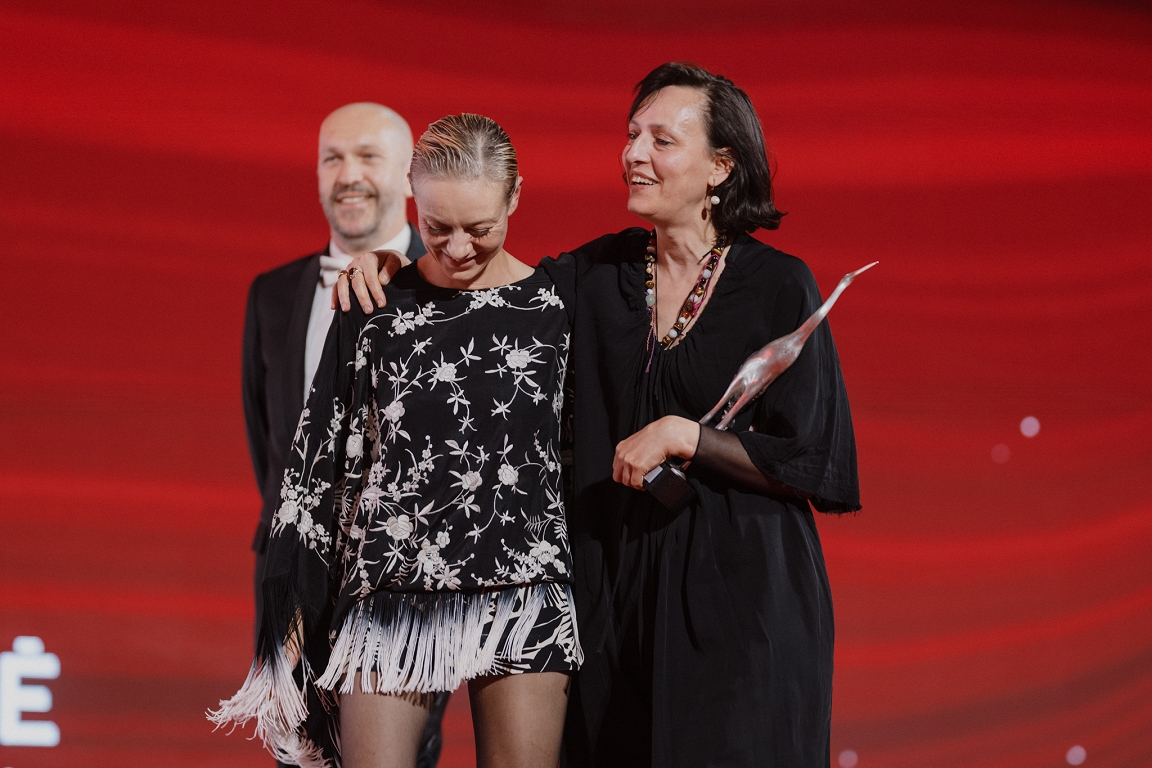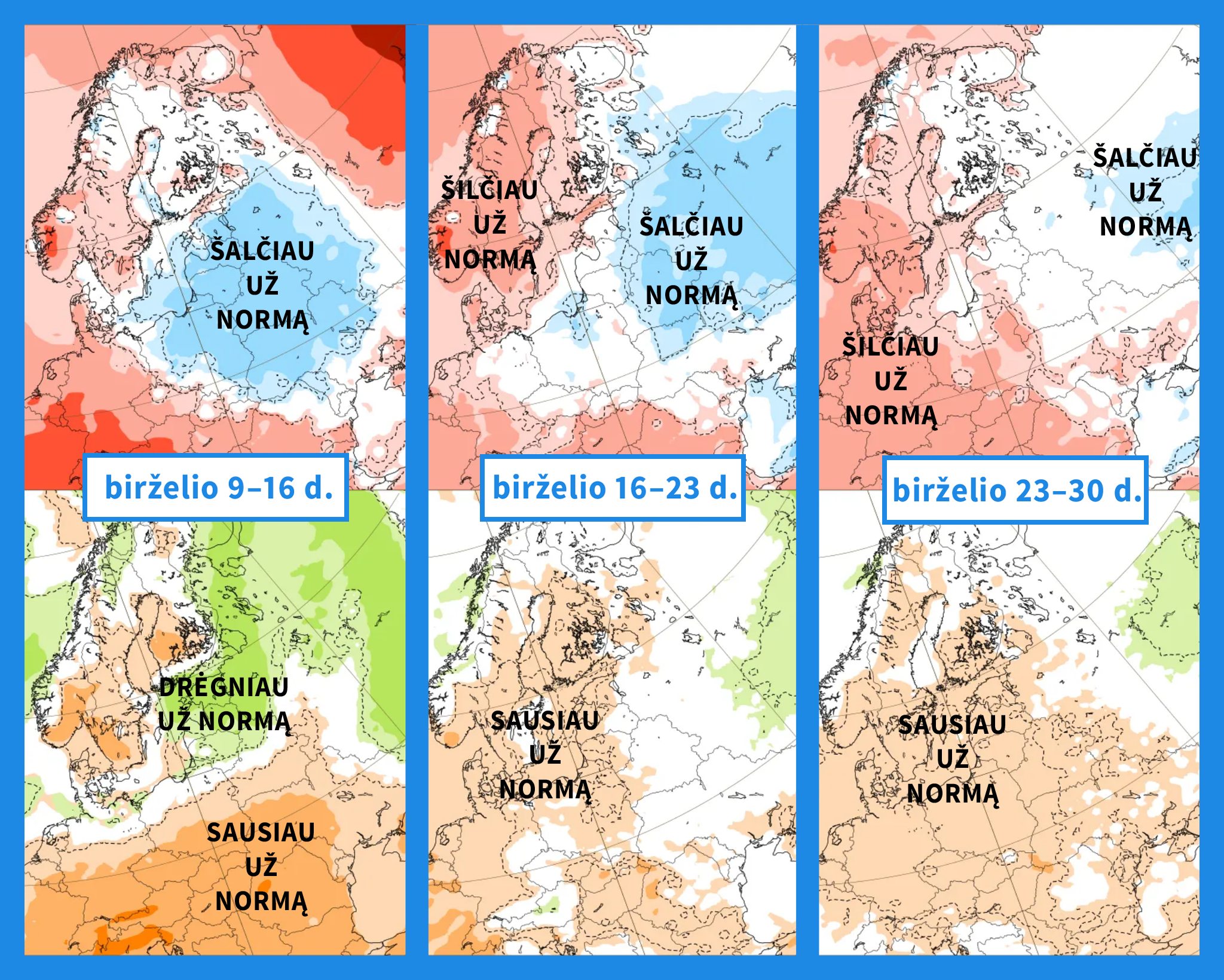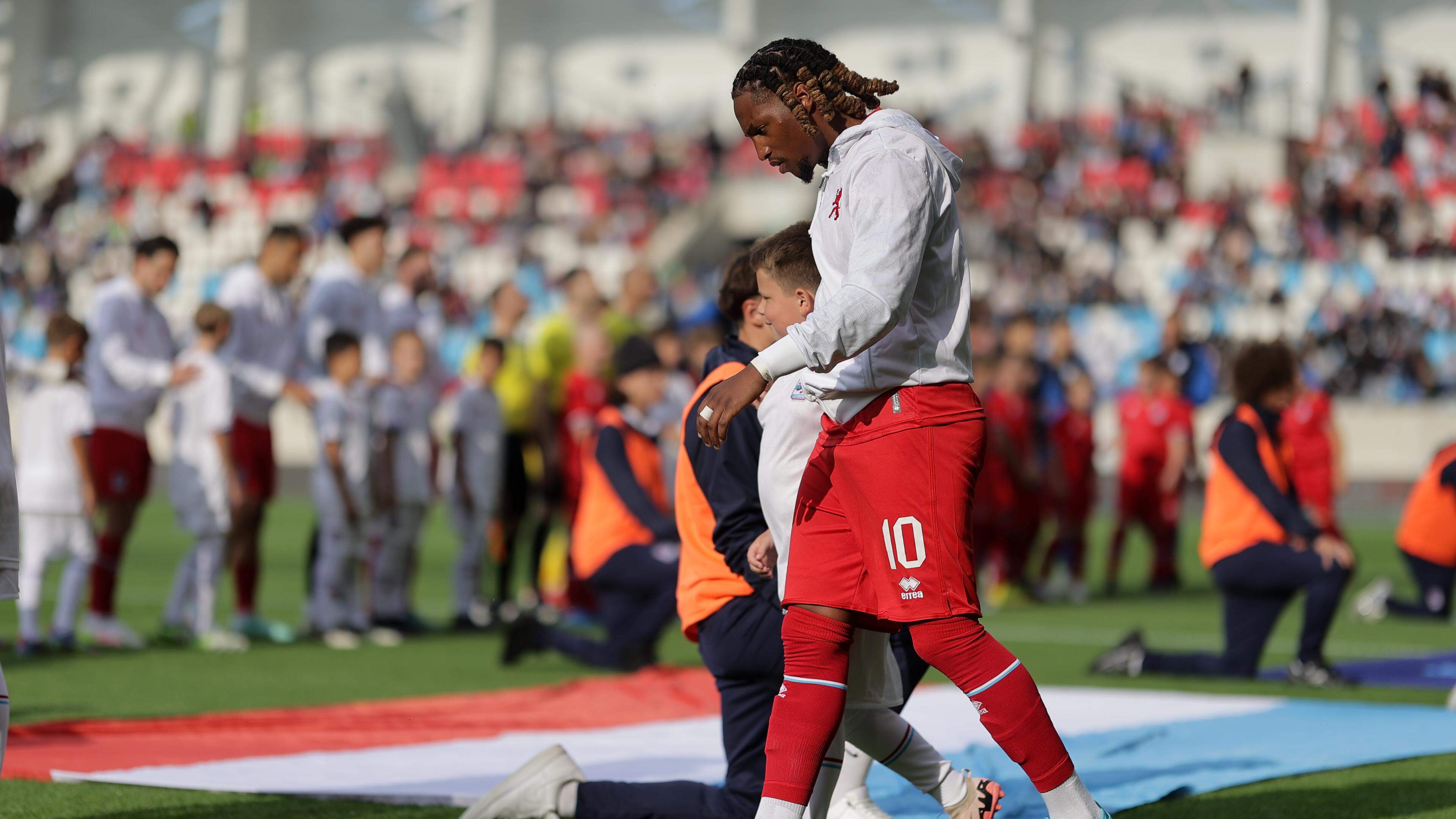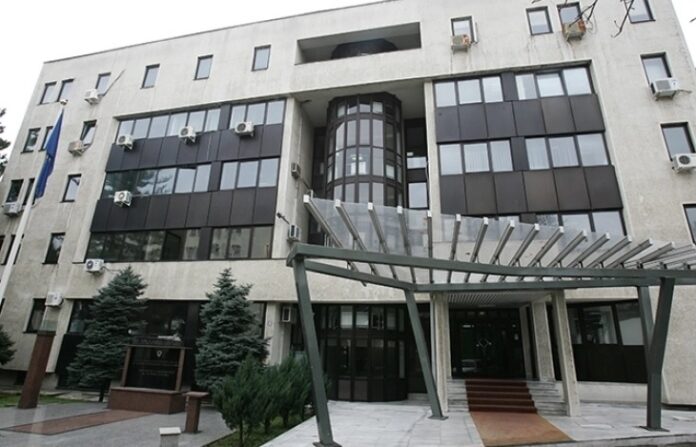Who is a perinatal psychologist and how different is it from doola

Who is a perinatal psychologist and what requests work with
PeopleImages/depositphotos
Pregnant women often consult experts to prepare for childbirth. Most often these are perinatal psychologists and doula. What is the difference between these specialists, understood « Up. Life ».
Perinatal (or reproductive) psychology has gradually developed as a separate field of psychology for several decades. It originated from « life psychology » when relatives or friends notice the peculiarities of the behavior of pregnant women in society, and later turned into scientific discipline.
Currently, perinatal psychologists work mainly with secondary or higher medical education (midwives or gynecologists) who also receive psychological education (or-vice versa).
This distinguishes experts from doola – a woman who accompanies in the birth period, helps to prepare for them and remains for some time after the baby is born.
”Doors usually do not have medical or psychological education. So it is rather a trusted person of a woman who will help to pass the period of contraction. She will massage, keeps track of his breath, hold his hand and will cheer.
Since many men at the front now, and bring with them mom, girlfriend or sister, there is often a woman in childbirth« , – explains the perinatal psychology Maria Melnikova in a comment for » UP. Life « .
Therefore, it is necessary to clearly distinguish these roles: doula – accompaniment, psychologist – emotional help.
The perinatal psychologist works with the emotional state of a woman who is preparing to become a mother or already on the way of her motherhood. Preferably inquiries concern:
-
psychogenic infertility;
-
preparation for motherhood and conscious paternity;
-
pregnancy planning;
-
fears and experiences related to motherhood, pregnancy and childbirth;
-
postpartum depression;
-
Children and parent relations.
A specialist can also work with family couples, such as infertility in physiologically healthy spouses.







/s3/static.nrc.nl/images/gn4/data133436222-39c9a5.jpg)
